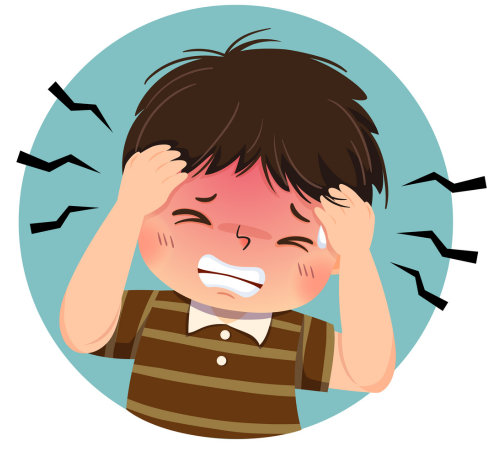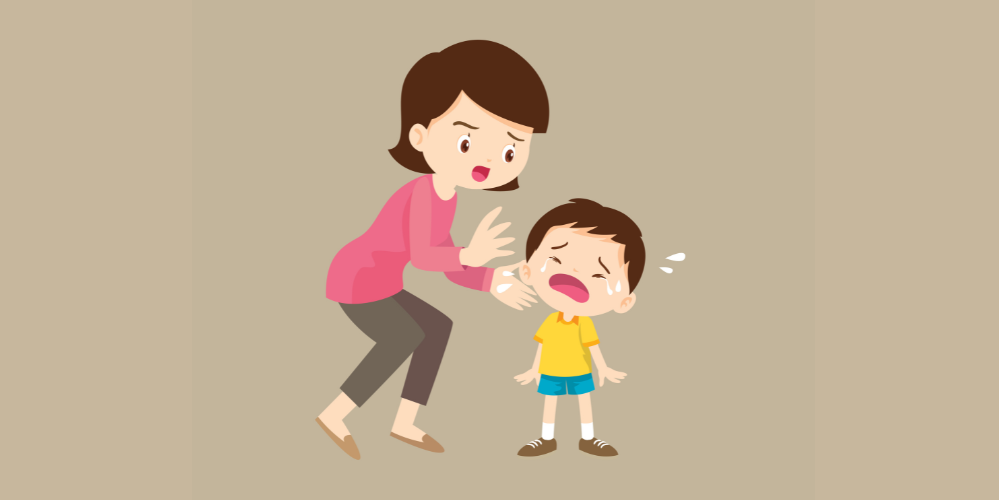Hypertension in Children
Hypertension in Children
Pediatric hypertension is often underdiagnosed but can lead to serious complications if ignored. It may result from kidney disease, heart issues, or lifestyle factors. Dr. Anunaya Katiyar provides in-depth evaluation and personalized management of high blood pressure in children.
She uses ambulatory BP monitoring (ABPM), blood tests, and imaging to identify the root cause. Treatment includes lifestyle modifications like diet and exercise, and medications when necessary. If the cause is renal, she collaborates with pediatric cardiologists and nephrologists to provide integrated care.
Regular monitoring ensures blood pressure remains under control, preventing long-term organ damage and promoting a healthy childhood.


Key Pointers:
- Early diagnosis using ABPM and lab tests.
- Identifying kidney-related or hormonal causes.
- Personalized medication and lifestyle plans.
- Regular monitoring to prevent complications.
- Parent education on diet and physical activity.
- Coordination with specialists for complex cases.
Frequently Asked Questions (FAQs)
Can children really have high blood pressure?
Yes, pediatric hypertension is increasingly common and often linked to kidney or heart problems.
What causes high blood pressure in children?
Kidney disease, obesity, genetics, or secondary conditions like hormonal disorders.
How is hypertension diagnosed in children?
By monitoring blood pressure over time, along with blood and kidney tests.
Is pediatric hypertension treatable?
Yes, through lifestyle changes, medications, and managing underlying conditions.
What are the risks of untreated high blood pressure in kids?
It can lead to heart disease, kidney damage, and other long-term complications.
